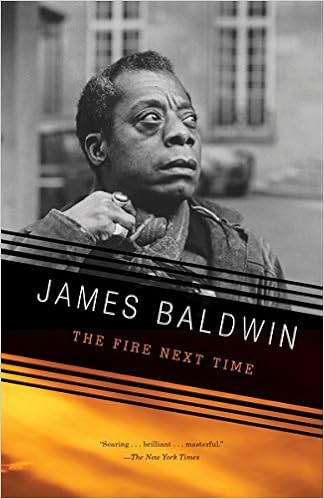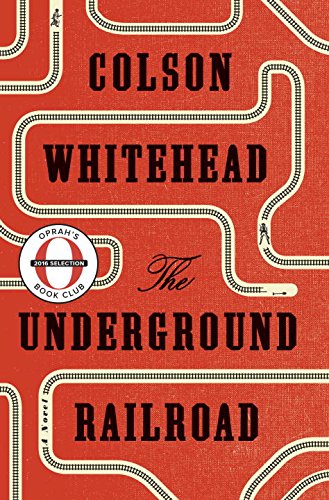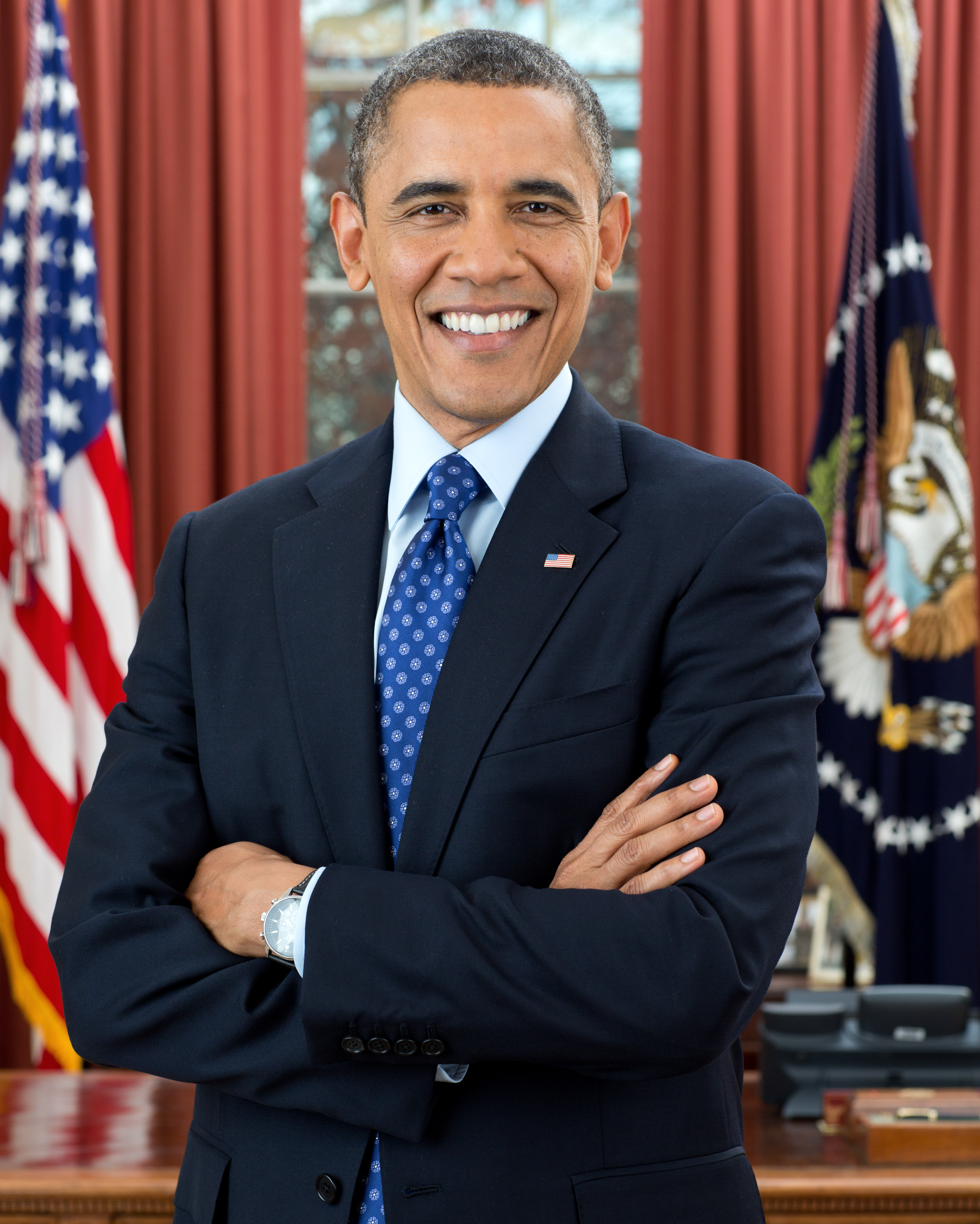On May 25th 2020 George Floyd, African-American, was killed under the knee of police brutality and America, once again, erupted in protests confronting its original sin. This time the protests swelled with unremitting fury despite a pandemic. Awakened to the systemic racism that continues to be a blot Americans, protesting aside, turned to seek an intellectual understanding of racism and books about race relations became bestsellers. My own journey has begun with James Baldwins's (1924-87) searing essays collectively published under the title, "The fire next time".
'The fire next time' consists of two essays written in 1962 & 1963. One was a letter to his nephew. The second essay narrates Baldwin's disenchantment with the Church and his prescription of how Black America can respond to white America.
1963 was the year when Martin Luther King Jr. wrote his "letter from Birmingham jail", NAACP secretary Medgar Evers was assinated in Mississippi, Martin Luther King Jr delivered his 'I have a dream speech' and a church in Birmingham was bombed that killed four young girls.
America was, as it is now, a cauldron of racial troubles and racial violence, particularly in the South, was rampant. In this backdrop Baldwin wrote a letter to his nephew explaining the nature of the country that he was born in.
The essay, "Down at the cross: Letter from a region in my mind" is part autobiographical explaining Baldwin's disenchantment with the Church, meeting racially radioactive preacher Elijah Muhammad and, yet again, teaching Black America not to succumb to hate.
Baldwin quotes Rudyard Kipling's racist poem, "The white man's burden" in the preface. Racial humiliation was, as it is now, a constant presence in the life of Black Americans. Baldwin recounts how, as a boy of 10, looking no older. he adds rather sarcastically, he was frisked by policemen while crossing a street and making crude jokes about his sexuality. When Baldwin told his father that he'd do everything a white man does he saw fear in his father's eyes, fear that was different from that his father had ever shown before.
Seeing how his fellow Black Americans were taken by a life of crime and drugs, driven by poverty, Baldwin sought a 'gimmick' to keep himself out of trouble and found that the Church was to be his gimmick. He says he learned "how to work on a congregation until the last dime was surrendered". He was quickly disenchanted with the Church to the extent that, seeing his congregants, he needed strength "not to curse, not to tell them to throw away their Bibles and get off their knees and go home and organize, for example a rent strike".
Disenchantment grew when he saw that while the Church taught to lover everybody it "applied only to those who believed as we did and it did not apply to white people at all". A minister told Baldwin that he should never yield a seat on a bus to a white woman because white men her rose for a Black woman. That kind of tit for tat theologically troubles Baldwin who feels that how he acts his own responsibility and not predicated by how others behave towards him. "There was no love in the church. It was a mask for hatred and self-hatred and despair".
"White people", Baldwin continues to say," were, and are astounded by the holocaust in Germany. They did not know they could act that way. But I very much doubt whether black people were astounded- at least, in the same way"."Christianity", Baldwin hammers, "has operated with an unmitigated arrogance and cruelty". Eventually he did leave the church.
In that backdrop Baldwin meets with Elijah Muhammad, known for being racially incendiary, head of the Nation of Islam, an organization for Black Muslims. While Black churches were the bedrock of Civil Rights movement there were Blacks who were disenchanted with the church as a white establishment turned to Islam. The Nation of Islam, Baldwin rather grudgingly accepts, did provide Blacks a life away from crime and drugs.
Elijah Muhammad cooked up mythology to fashion a history. "God is black. All black men belong Islam; they have been chosen. And Islam shall rule the world". "We were offered, as Nation of Islam doctrine, historical and divine proof that all white people are cursed, and are devils". Baldwin dismisses this doctrine of hate, "there is nothing new in this merciless formulation except the explicitness of its symbols and the candor of its hatred".
John Lewis, Civil Rights icon, injured grievously during the historic march from Selma to Montgomery to secure voting rights, published a posthumous oped today that, devoid of any hatred, advised a younger generation, "let the spirit of peace and the power of everlasting love be your guide".
Lewis tells us that "people on every continent have stood in your shoes". History, across continents and societies, has common features and America's racial history has a lot in common with the caste history of India. If America produced a Elijah Muhammad my hometown produced E.V. Ramaswami. To Muhammad white Americans were devils, to Ramswami it was the Brahmins. Rejection of dominant religion was common between Blacks and the oppressed castes of India. The voice of Lewis is paralleled in the voice of Gandhi and other reformers.
Why does Baldwin, despite every justification to wallow in hatred, reject such hate? "If one is permitted treat any group of people with special disfavor because of their race or the color of their skin, there is no limit to what one will force them to ensure, and the entire race has been mysteriously indicted, no reason not to attempt to destroy it root and branch. This is precisely what the Nazis attempted". He finds it morally unacceptable to not "oppose any attempt that Negroes may make to do others what has been done to them". "Whoever debases others is debasing himself".
Having eschewed violence or vendetta Baldwin defines 'love' as not the usual "infantile American sense of being made happy but in the tough and universal sense of quest and daring and growth". "It demands great spiritual resilience not to hate the hater whose foot is on your neck, and event greater miracle of perception and charity not to teach your child to hate."
Calling forth "conscious whites" and "conscious blacks" to not falter but to end the racial nightmare for without that, Baldwin reminds, quoting a Black spiritual song, "God gave Noah the rainbow sign, No more water, the fire next time!"
References:
1. Baldwin's essay "Letter from a region in my mind" (This is the bulk of the book)
'The fire next time' consists of two essays written in 1962 & 1963. One was a letter to his nephew. The second essay narrates Baldwin's disenchantment with the Church and his prescription of how Black America can respond to white America.
1963 was the year when Martin Luther King Jr. wrote his "letter from Birmingham jail", NAACP secretary Medgar Evers was assinated in Mississippi, Martin Luther King Jr delivered his 'I have a dream speech' and a church in Birmingham was bombed that killed four young girls.
America was, as it is now, a cauldron of racial troubles and racial violence, particularly in the South, was rampant. In this backdrop Baldwin wrote a letter to his nephew explaining the nature of the country that he was born in.
"This innocent country set you down in a ghetto in which, in fact, it intended that you perish.....You were born where you were born and faced the future that you faced because you were black and for no other reason....You were not expected to aspire to excellence: you were expected make peace with mediocrity. Where you have turned, James, in your short time on this earth, you have been told where you could go and what you could do (and how you could dit) and where you could live."Having told his nephew of the grotesque oppression he'd have to experience Baldwin then advises him to 'accept' white Americans with love. Beyond 'acceptance' Baldwin adds that Black America should 'integrate' with white America "with love" forcing "our brothers to see themselves as they are, to cease fleeing from reality and begin to change it".
The essay, "Down at the cross: Letter from a region in my mind" is part autobiographical explaining Baldwin's disenchantment with the Church, meeting racially radioactive preacher Elijah Muhammad and, yet again, teaching Black America not to succumb to hate.
Baldwin quotes Rudyard Kipling's racist poem, "The white man's burden" in the preface. Racial humiliation was, as it is now, a constant presence in the life of Black Americans. Baldwin recounts how, as a boy of 10, looking no older. he adds rather sarcastically, he was frisked by policemen while crossing a street and making crude jokes about his sexuality. When Baldwin told his father that he'd do everything a white man does he saw fear in his father's eyes, fear that was different from that his father had ever shown before.
Seeing how his fellow Black Americans were taken by a life of crime and drugs, driven by poverty, Baldwin sought a 'gimmick' to keep himself out of trouble and found that the Church was to be his gimmick. He says he learned "how to work on a congregation until the last dime was surrendered". He was quickly disenchanted with the Church to the extent that, seeing his congregants, he needed strength "not to curse, not to tell them to throw away their Bibles and get off their knees and go home and organize, for example a rent strike".
Disenchantment grew when he saw that while the Church taught to lover everybody it "applied only to those who believed as we did and it did not apply to white people at all". A minister told Baldwin that he should never yield a seat on a bus to a white woman because white men her rose for a Black woman. That kind of tit for tat theologically troubles Baldwin who feels that how he acts his own responsibility and not predicated by how others behave towards him. "There was no love in the church. It was a mask for hatred and self-hatred and despair".
"White people", Baldwin continues to say," were, and are astounded by the holocaust in Germany. They did not know they could act that way. But I very much doubt whether black people were astounded- at least, in the same way"."Christianity", Baldwin hammers, "has operated with an unmitigated arrogance and cruelty". Eventually he did leave the church.
In that backdrop Baldwin meets with Elijah Muhammad, known for being racially incendiary, head of the Nation of Islam, an organization for Black Muslims. While Black churches were the bedrock of Civil Rights movement there were Blacks who were disenchanted with the church as a white establishment turned to Islam. The Nation of Islam, Baldwin rather grudgingly accepts, did provide Blacks a life away from crime and drugs.
Elijah Muhammad cooked up mythology to fashion a history. "God is black. All black men belong Islam; they have been chosen. And Islam shall rule the world". "We were offered, as Nation of Islam doctrine, historical and divine proof that all white people are cursed, and are devils". Baldwin dismisses this doctrine of hate, "there is nothing new in this merciless formulation except the explicitness of its symbols and the candor of its hatred".
John Lewis, Civil Rights icon, injured grievously during the historic march from Selma to Montgomery to secure voting rights, published a posthumous oped today that, devoid of any hatred, advised a younger generation, "let the spirit of peace and the power of everlasting love be your guide".
Lewis tells us that "people on every continent have stood in your shoes". History, across continents and societies, has common features and America's racial history has a lot in common with the caste history of India. If America produced a Elijah Muhammad my hometown produced E.V. Ramaswami. To Muhammad white Americans were devils, to Ramswami it was the Brahmins. Rejection of dominant religion was common between Blacks and the oppressed castes of India. The voice of Lewis is paralleled in the voice of Gandhi and other reformers.
Why does Baldwin, despite every justification to wallow in hatred, reject such hate? "If one is permitted treat any group of people with special disfavor because of their race or the color of their skin, there is no limit to what one will force them to ensure, and the entire race has been mysteriously indicted, no reason not to attempt to destroy it root and branch. This is precisely what the Nazis attempted". He finds it morally unacceptable to not "oppose any attempt that Negroes may make to do others what has been done to them". "Whoever debases others is debasing himself".
Having eschewed violence or vendetta Baldwin defines 'love' as not the usual "infantile American sense of being made happy but in the tough and universal sense of quest and daring and growth". "It demands great spiritual resilience not to hate the hater whose foot is on your neck, and event greater miracle of perception and charity not to teach your child to hate."
Calling forth "conscious whites" and "conscious blacks" to not falter but to end the racial nightmare for without that, Baldwin reminds, quoting a Black spiritual song, "God gave Noah the rainbow sign, No more water, the fire next time!"
References:
1. Baldwin's essay "Letter from a region in my mind" (This is the bulk of the book)





